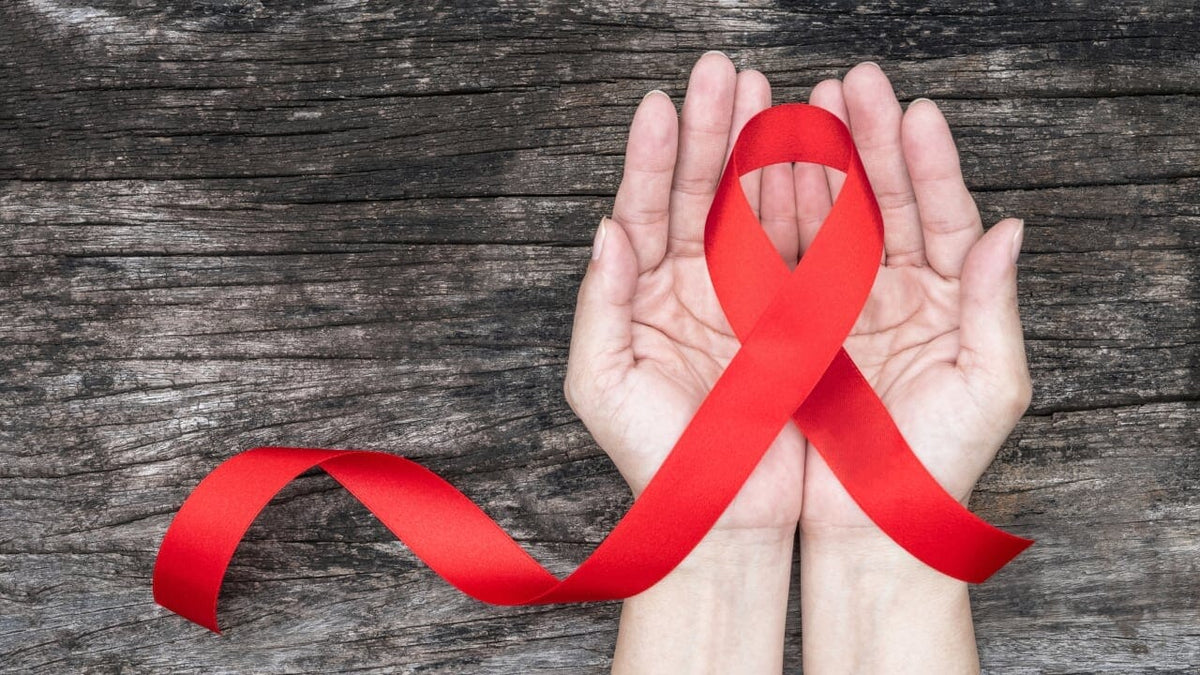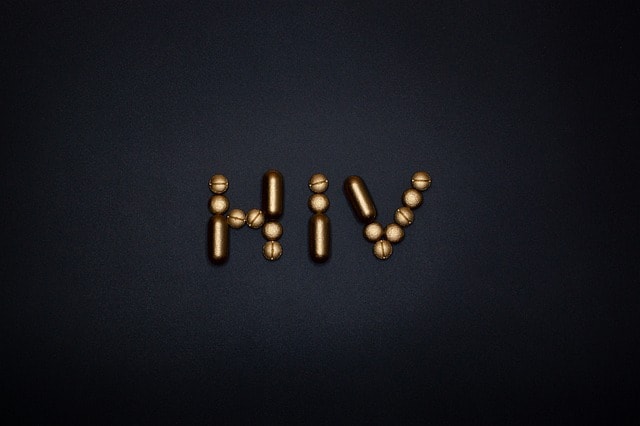
HIV Symptoms in Women: what are the early and later symptoms of AIDS in Women?
Time to read 4 min
Time to read 4 min
HIV infection mainly attacks CD4 cells in the immune system. The human immunodeficiency virus may progress to acquired immunodeficiency syndrome (AIDS). This virus increases the risk of severe infections. The National AIDS Control Organization states that there are around 2.5 million people in India who are affected by HIV. Among them, around 1 million are women.
HIV usually causes flu-like symptoms that are similar across both males and females. However, the other HIV symptoms in women differ after the initial infection. From changes in the menstrual cycle to an increase in vaginal infections, HIV affects the body in different ways. The cases of HIV in women are increasing with time. Hence, we should be more aware of HIV symptoms in women. This post will discuss the symptoms of HIV in women.
Some women have no symptoms of early HIV infection. Still, you must get tested if you think you may have been exposed to HIV. Also, for better diagnosis, you should have proper knowledge about the early symptoms of HIV in women. Let's learn about the early symptoms of HIV.
HIV weight loss causes the loss of more than 10 percent of body weight. It causes either diarrhea or a fever that lasts more than 30 days. This weight loss occurs with more advanced HIV. In this situation, lean body mass is lost. If a person doesn't get HIV treatment, the virus may cause nausea, poor food absorption, diarrhea, and appetite loss. All these problems cause a person to lose weight quickly.
Menopause happens when a woman doesn't have a menstrual period for at least 12 months. In India, the average age for menopause is 52 to 54. In this period, women notice changes like the onset of hot flashes. Hot flash causes heat in the upper part of the body. The sensation lasts anywhere from 30 seconds to 10 minutes. It can happen at varying frequencies. Women with HIV experience more severe hot flashes than the rest of the women.
Swollen lymph nodes are one of the earliest symptoms of HIV after an acute infection. In such conditions, the virus continues to multiply at a slower rate. However, proper treatment can slow or stop the virus' progression. Without treatment, some women experience no additional symptoms after the initial infection. The neck may feel swollen under the jaw and behind the ears. The swelling can cause difficulty swallowing. It may last from a few days to months.
Sometimes HIV infection may cause mood changes and neurological disorders in people. It includes various changes, like depression, that may cause feelings of hopelessness and intense sadness. Women also experience memory loss and stress. Women with HIV have a higher chance of developing mood, cognitive disorders, and anxiety. However, mental disorders are treatable. Some medications used to treat HIV may have side effects that affect a person's mental health.
HIV involves changes in the immune system and it triggers various skin reactions. The rash that occurs at the early stage appears flushed, reddish, or discolored in people with fair skin. In darker skin, you can see purplish rashes on the skin. These rashes may cause mild itchiness. HIV rashes may cause unusual spots to form on the skin. These spots can even appear inside the mouth, eyelids, or nose. It may even cause sores to develop on the mouth, genitals, or anus.
HIV increases the risk of developing vaginal yeast infections. The symptoms of these infections are; pain during intimacy, painful urination, white vaginal discharge, and burning in and around the vagina and vulva. HIV causes these infections to occur more frequently. When a woman has HIV, her immune system uses a lot of energy to respond to the virus. Hence, the body can't combat other infections.
Some women who menstruate and are infected with HIV have lighter or heavier periods. If a person experiences rapid weight loss, they may miss their periods. Besides, hormonal fluctuations cause menstrual symptoms like fatigue, breast tenderness, and cramps to change or get worse.
When a person contracts HIV, their immune system responds to the virus immediately. It causes flu-like symptoms like headache, fatigue, coughing, low-grade fever, sneezing, runny nose, or congestion. These symptoms usually appear after 2 to 4 weeks after contracting HIV and they last from one week to a month.
Usually, people infected with HIV experience flu-like illness that occurs 2–6 weeks after the infection. Around 85% of people face this issue who are infected with HIV. You must consult a healthcare provider or go to a clinic for a blood test. If you face the mentioned symptoms, you must consult a doctor immediately. Some women with HIV never develop early symptoms. Hence, a blood test is essential if you feel that you have had exposure to HIV. Early diagnosis is crucial for HIV. The sooner you get a blood test and diagnosis, the sooner you can start the treatment.
Different factors affect the urine color of someone with HIV. Some of the common factors are dehydration, infection, and certain medications. HIV damages the cells in the affected person's immune system. People with HIV experience certain symptoms that change the color of urine. Also, some HIV medications have side effects that affect the color of urine.
HIV symptoms are almost similar in men and women. Some women experience changes in menstrual cycle, yeast infections, fever, tiredness, and night sweats. If you feel that you have been exposed to HIV, immediately consult a doctor and go for blood tests. A blood test is the only way to diagnose HIV. After proper diagnosis, you can start the treatment immediately.
* * Medical Disclaimer - The following information is for educational purposes only. No information provided on this website, including text, graphic, and images, are intended as substitutes for professional medical advice. Please consult with your doctor about specific medical advice pertaining to your condition(s).



